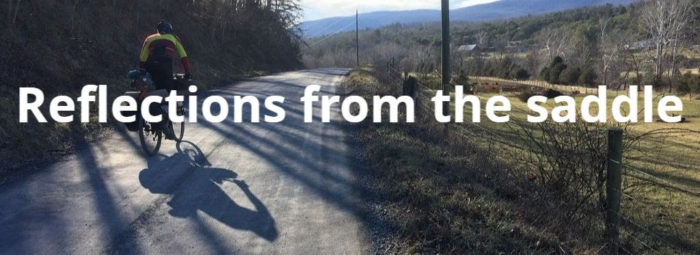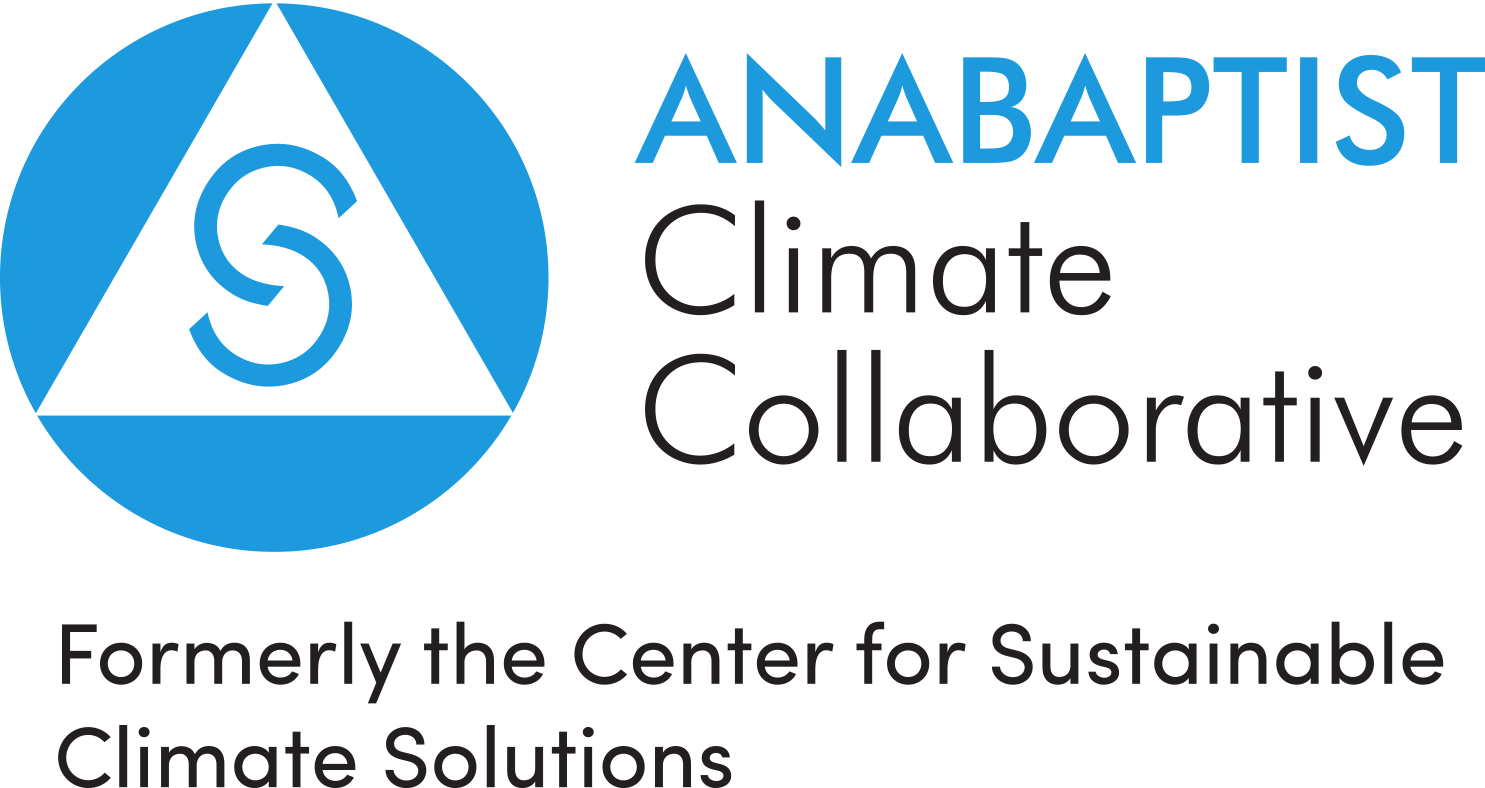
By Dan Conrad
‘Thoughts from Rosalia’
Rosalia, Washington, June 5
Last night we camped in the community park of Rosalia, a small rural town in far eastern Washington state. Rosalia was named in the late 1800s for the beloved wife of one of the community’s founders. On a green grassy lawn we were surrounded by tall poplars, spruce, and firs for shade. For the first time in four days we had access to a kitchen with a stove and a refrigerator which offered the opportunity for ice cream and brownies for dessert. Are you aware there are communities of Mennonites and Hutterites in eastern Washington state?
Looking for a spot to perform my morning exercise, I spotted the stump of an ancient cottonwood many years my senior. I could feel something of its pain, and selected it for the blessing it would bestow on me.
Two nights ago we had the opportunity to interact with Dick Raunch er, camp host at the fair grounds of Ritzville. Dick and his lovely wife Malinda are in their 80s and volunteer time to the camp as a way of “giving back to the community.” Western rural communities are suffering due to an extended drought and the Covid Pandemic. Dick’s passion is climate change and the crises facing humanity, and he has written a book Waiting is Not an Option (self published, available on Amazon). He shared with us as a prophet and wise elder. He foresees a grim future for humanity as the greed of capitalism and expectations of perpetual growth implode. Like John the Baptist he implores repentance. Like Noah he recommends that those with eyes to see build their arks and prepare for the deluge he anticipates.
Reflecting on his words and contemplating our tent camp last evening, I thought “We are a camp of refugees on a cross-country pilgrimage.” And yet, we are a pampered lot. The best in bikes, camping gear, and outdoor clothing. Computers, GPS, and superb technology. Support from a Ford 250 XLT. pulling a 10 foot trailer making 10 MPG. Ice cream and brownies. How do we truly identify with the poor?
“If you identify with the poor,” Dick asked, “how do you respond to beggars in our midst? Do you share with them, which would be the human response, or do you say, ‘if you worked harder you would have what I have?”
Here is my challenge to MCC, Goshen College, Eastern Mennonite University, MEDA, and all of us. What if our next climate expedition for sustainable climate solutions were a cross-state trek of 20 people on foot, carrying tents, clothing, rice and beans in the fashion of the world’s refugees. The task of the foot refugees would be to travel less and to interact more, to invite conversation and participation in the walk along the way, and to experience more closely the foot-sore journey many in our world confront. Would there be willing participants for this journey?

